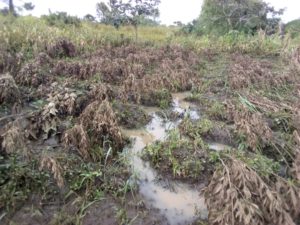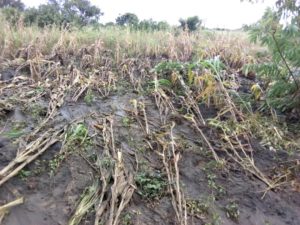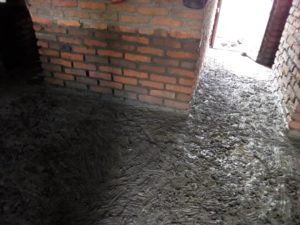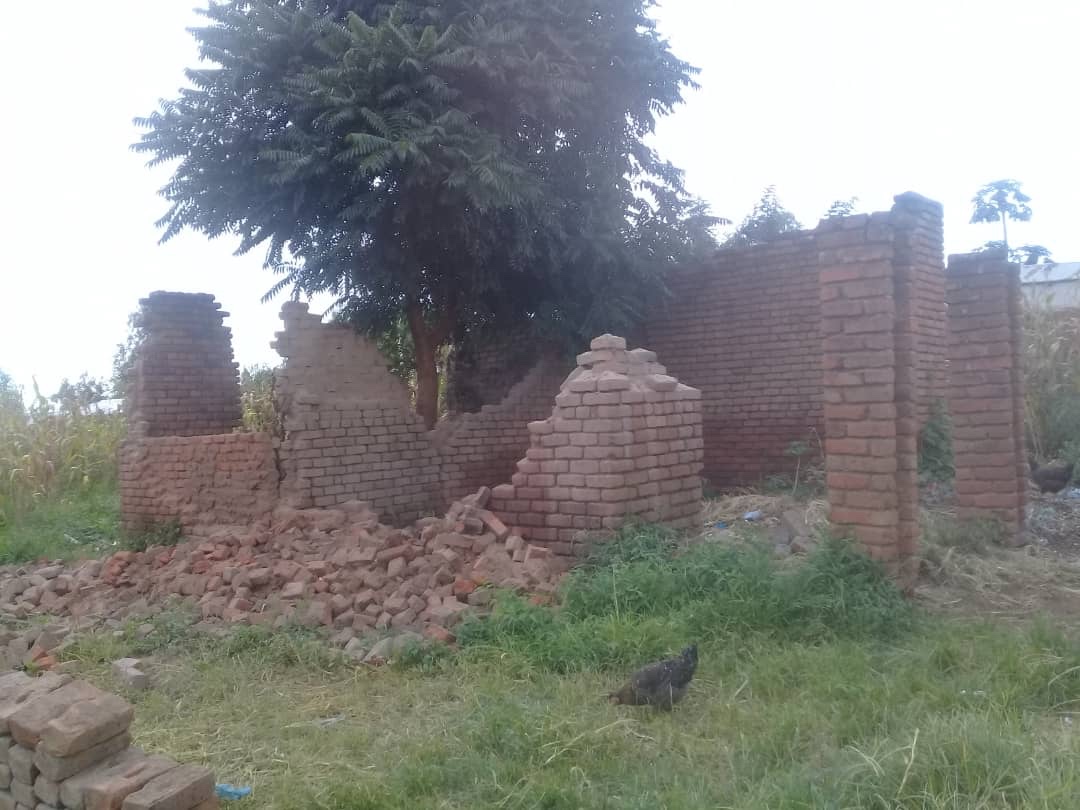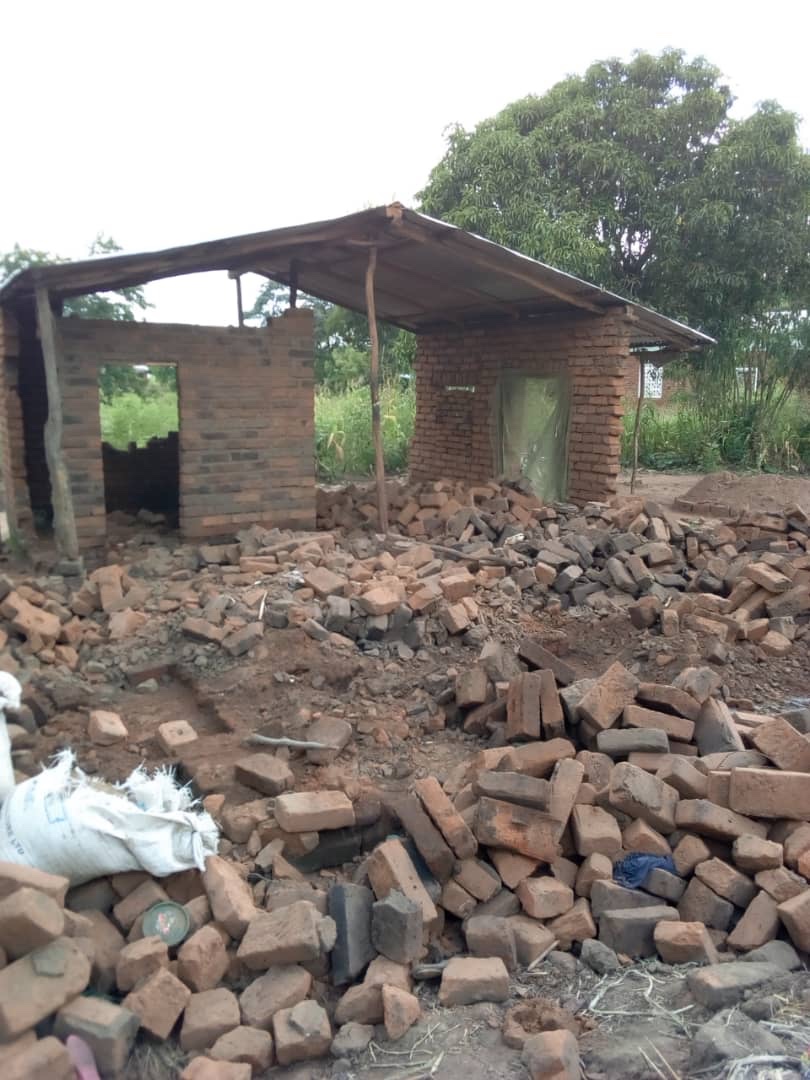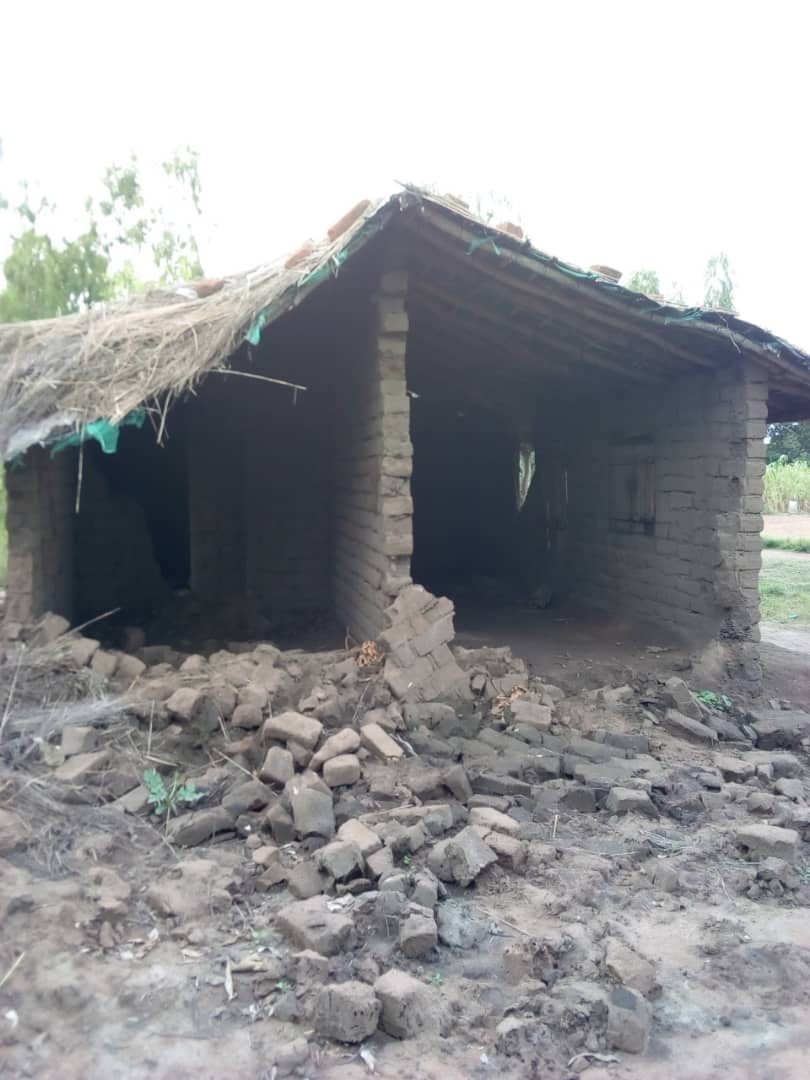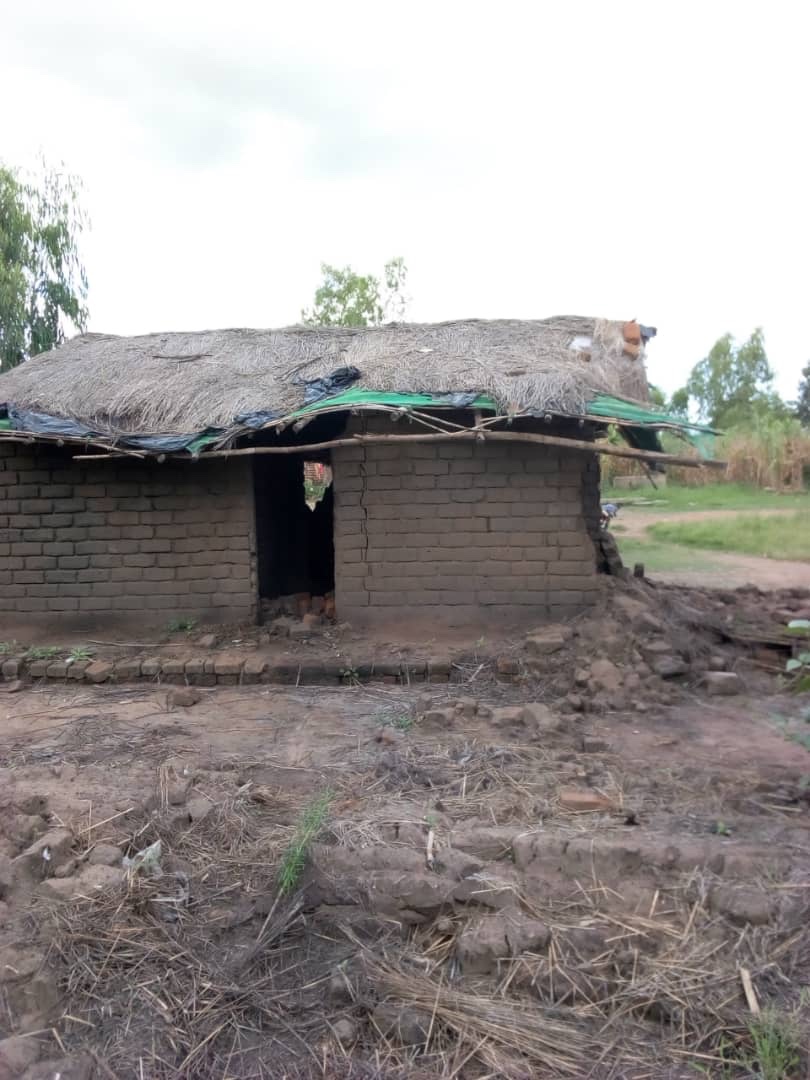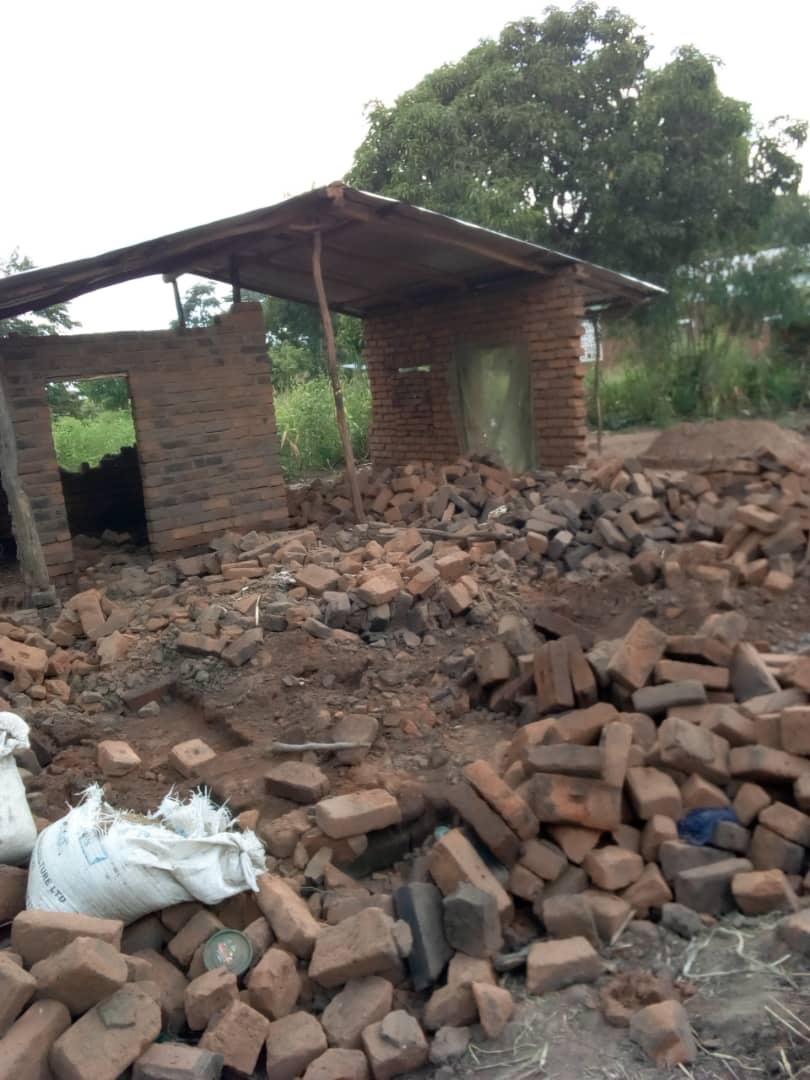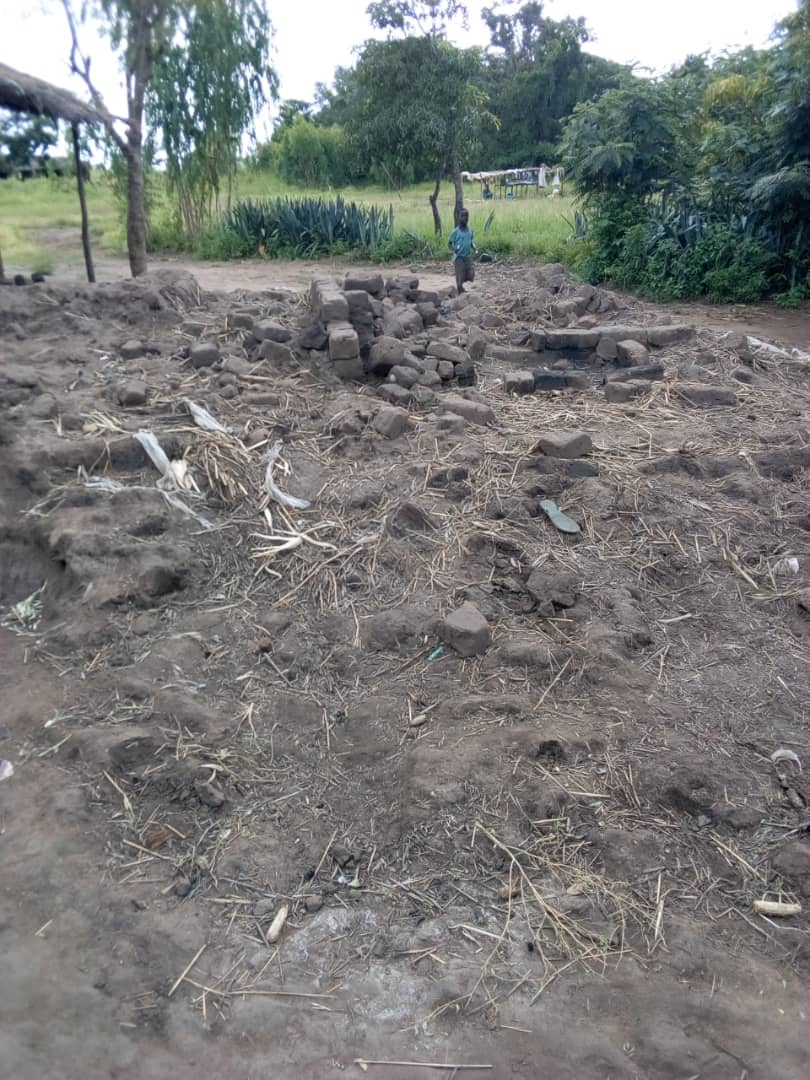The Thriving Together campaign recognises that family planning is critically important not only for women and girls but also for the environment.
Maternity Worldwide is pleased to join 150 other leading environmental and reproductive health organisations to pledge support the Thriving Together campaign. Organisations that have signed up to the Thriving Together campaign form a diverse global alliance united by the agreement that improving access to family planning services is critically important for the environment and biodiversity.
The Sustainable Development Goals call for integrated solutions. Maternity Worldwide, along with other organisations backing the Thriving Together campaign agree that whether working in health or environmental conservation, through sharing information and working together on strategic projects and policies, we can help human communities and their ecosystems thrive. Successful biodiversity conservation requires taking people, our health, and our interactions with the natural world into account.
Increasing human pressures are among the many challenges facing planetary health. In addition, by harming ecosystems, people undermine food and water security and human health, and threaten habitats and species. Ensuring family planning is available to all who seek it is among the positive actions organisations must take to lessen these pressures.
The United Nations projects that global population will rise from 7.7 billion today to 9.7 billion by 2050. Future population growth is uncertain however, and highly sensitive to small changes in the average number of children per mother. If the physical, financial, educational, social and religious barriers to people using family planning services were removed and the average number of children per mother was just 0.5 lower than the UN population projection which is most commonly used, global population would peak at 8.9 billion in 2050, rather than 9.7 billion.
This is all possible, by enabling the exercise of a well-recognised human right, that people should be able to decide for themselves, whether, when, how often and with whom to bring children into the world. Family planning contributes to women’s empowerment, improves family and general health, advances education and life opportunities and, by slowing population growth, eases pressures on wildlife and ecosystems.
The Thriving Together campaign is spearheaded by the Margaret Pyke Trust, which has over 50 years’ experience of family planning. David Johnson, Chief Executive at the Margaret Pyke Trust says: “The existence of barriers to family planning is the most important ignored environmental challenge of our day. This changes now. The Thriving Together campaign encourages cross-sectoral support between health and environmental conservation organisations, showcasing that when people can choose freely whether and when to have children it is for the benefit of both people and planet. Barriers to family planning are not only relevant to those who are passionate about improving health, gender equality, empowerment and economic development, but also to those who are passionate about the conservation of biodiversity, the environment and sustainability.”
The Margaret Pyke Trust’s Thriving Together campaign is informed by its paper ‘Removing Barriers to Family Planning, Empowering Sustainable Environmental Conservation’, which sets out how and why family planning is important for the environment. The Thriving Together campaign website www.ThrivingTogether.Global launches today – 11th July 2019.
About Thriving Together:
At the heart of the Thriving Together campaign is the widespread agreement, for the first time, that removal of barriers to family planning are critically important not only for women and girls, but also for environmental conservation and biodiversity. The campaign is the start of the process to change global policy to recognise this. 150 leading environmental and reproductive health organisations working in over 170 countries have declared their support for the campaign, with particular support from African organisations, working in all 54 African nations. The Thriving Together website, statement and paper can be viewed here.

